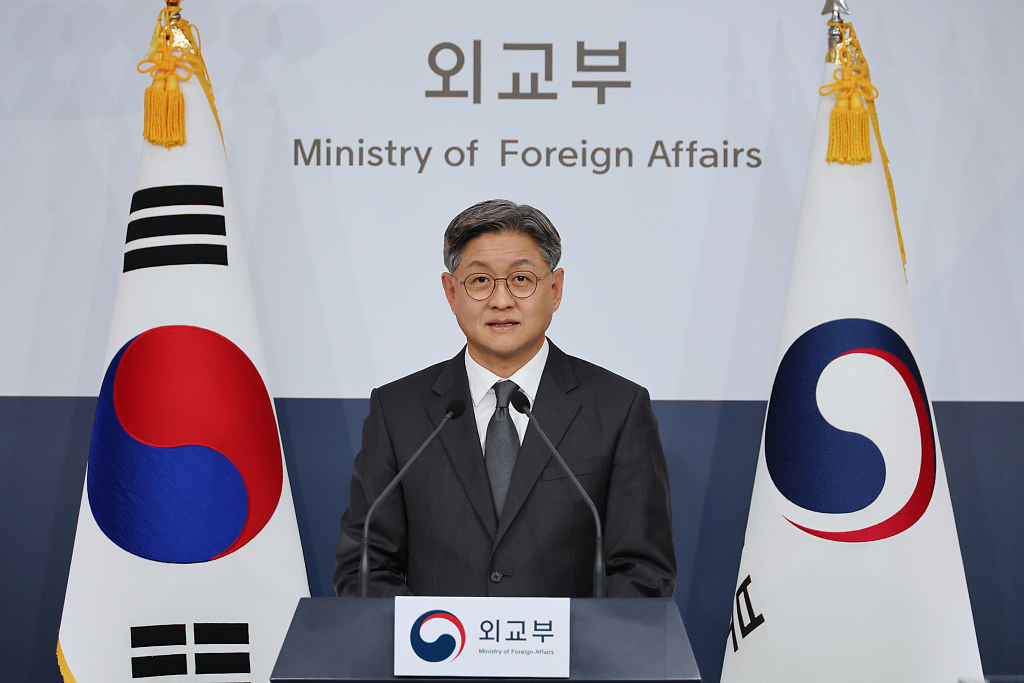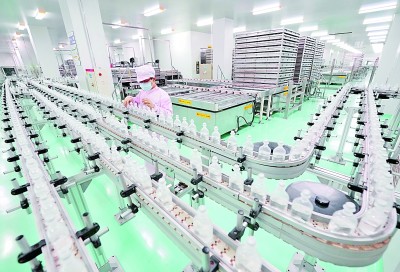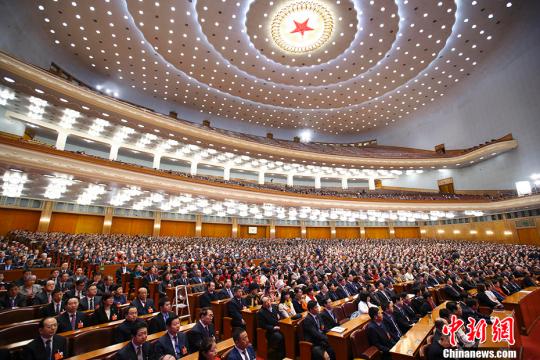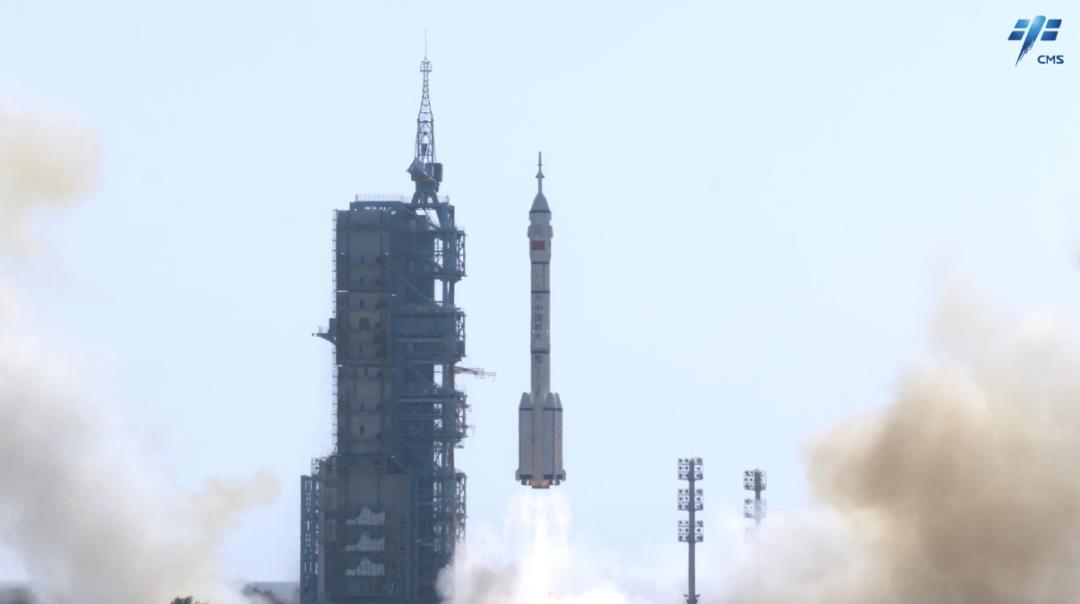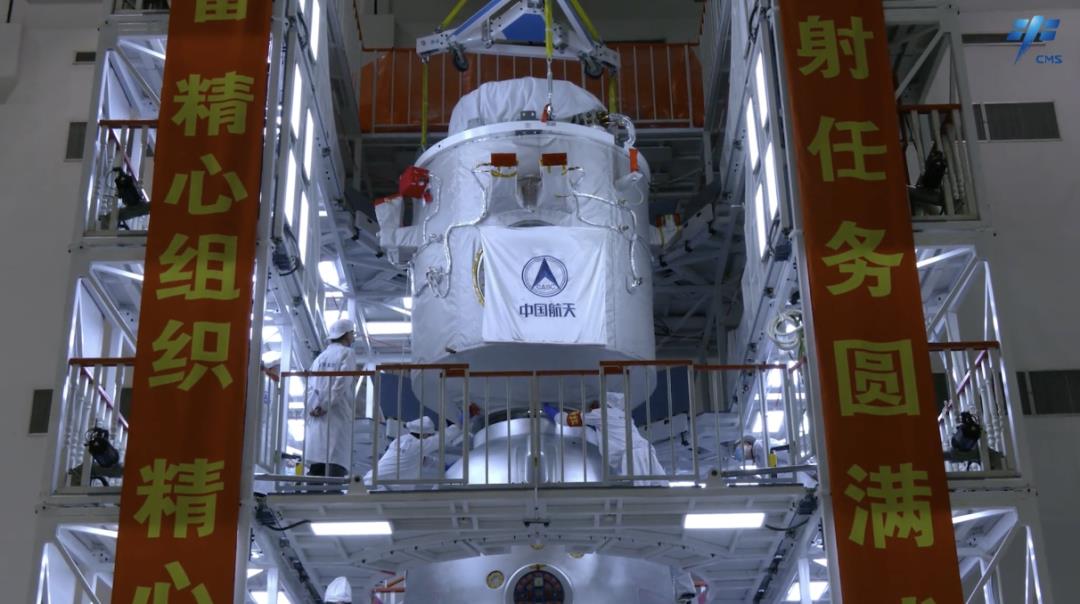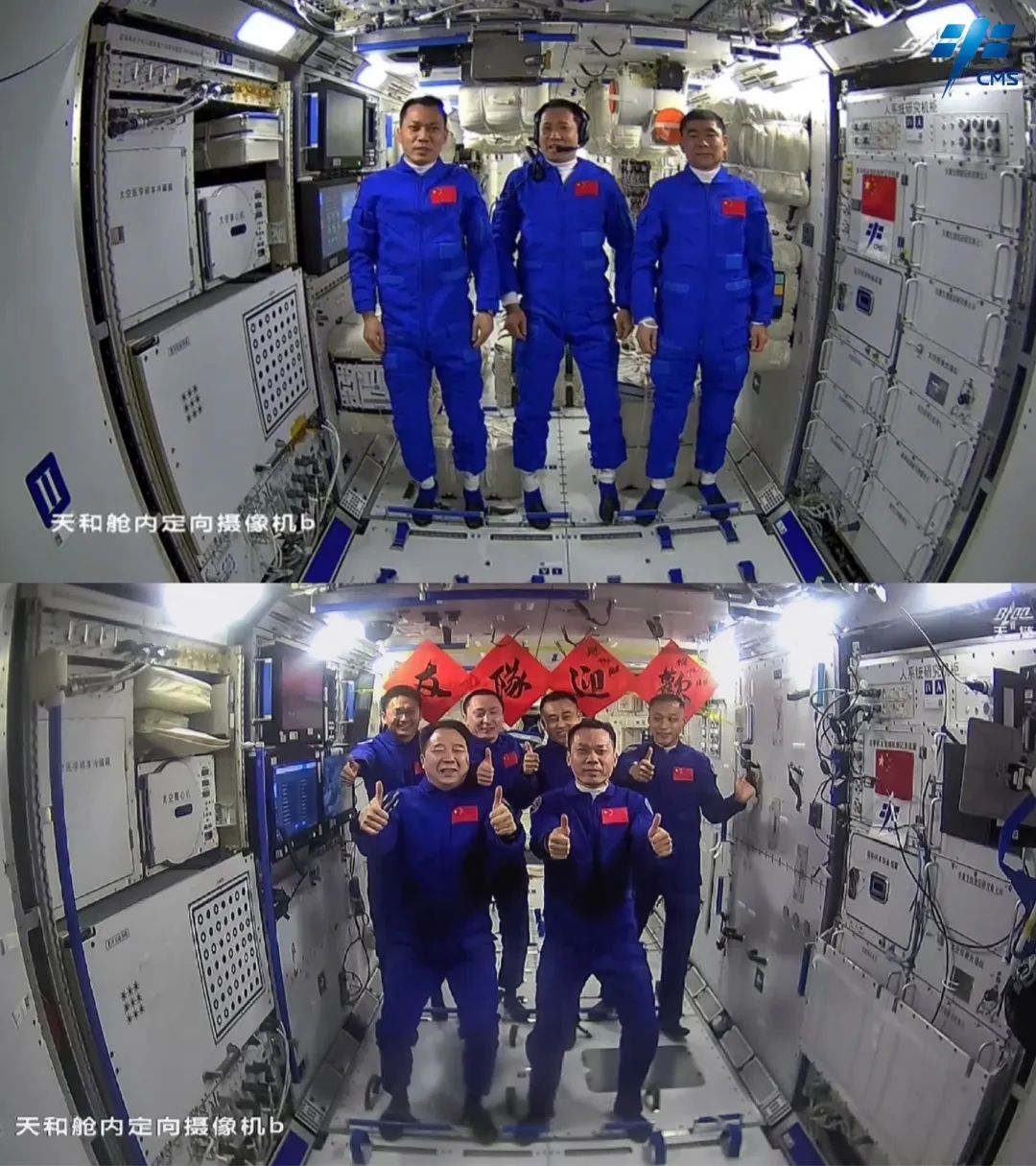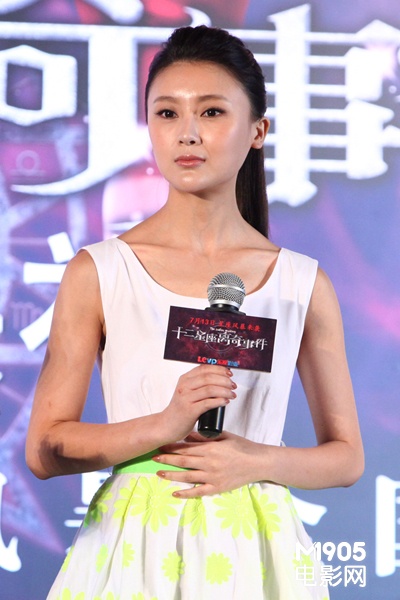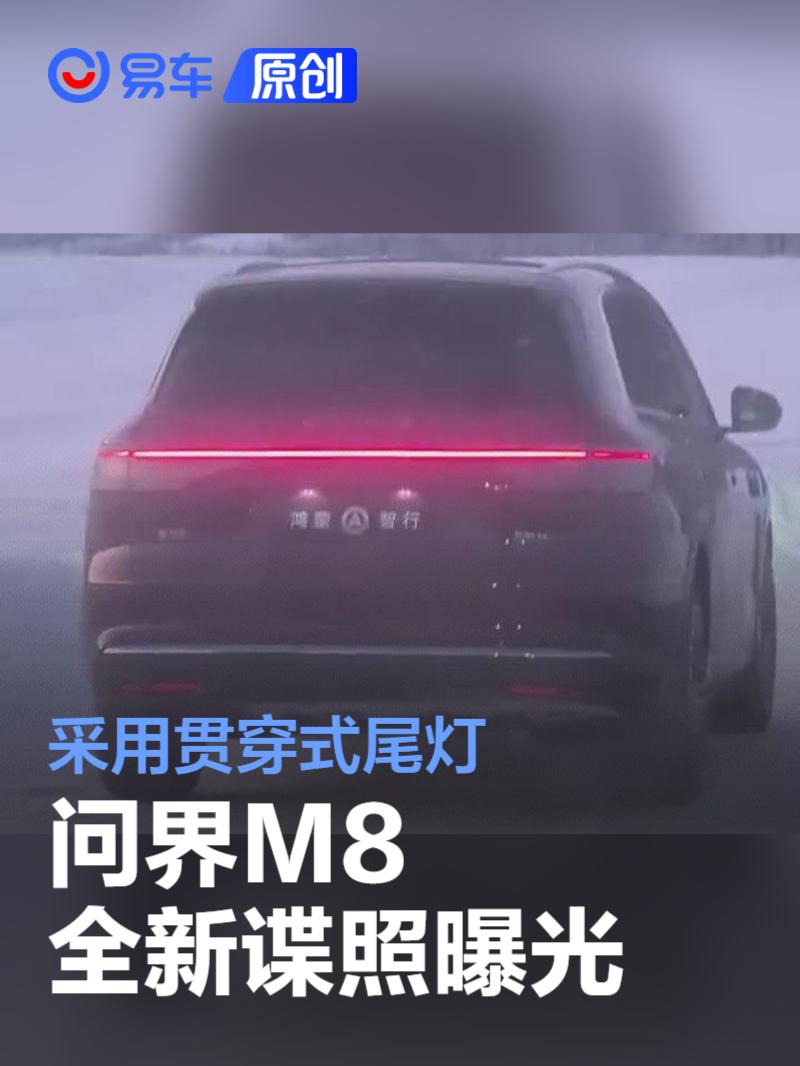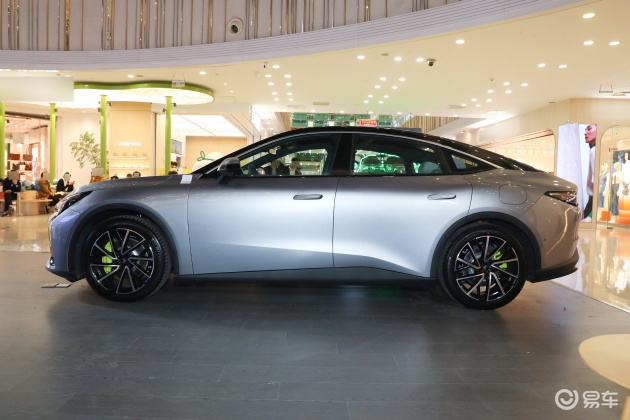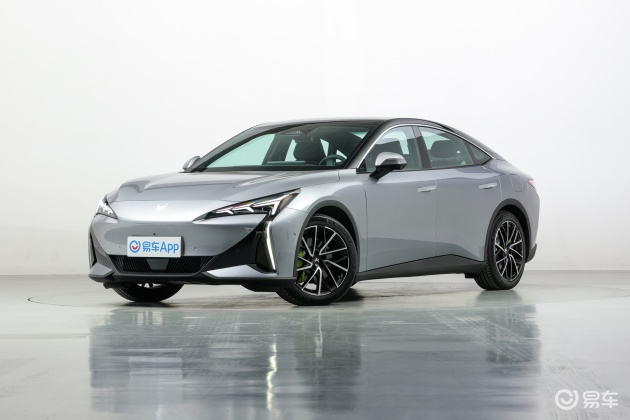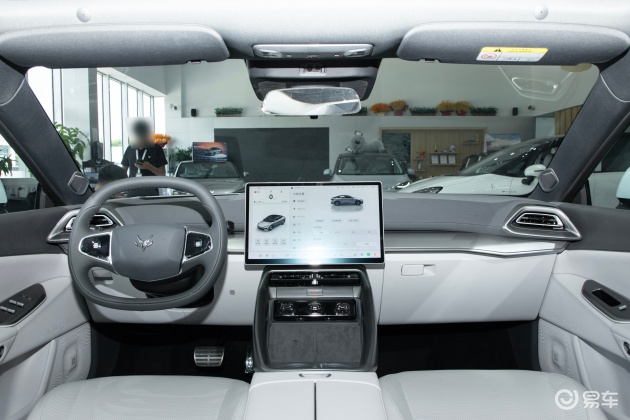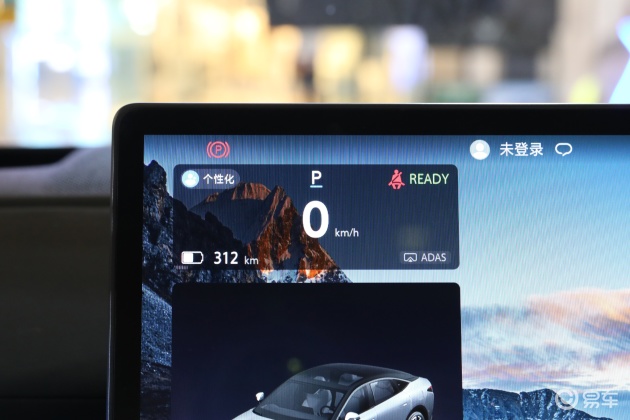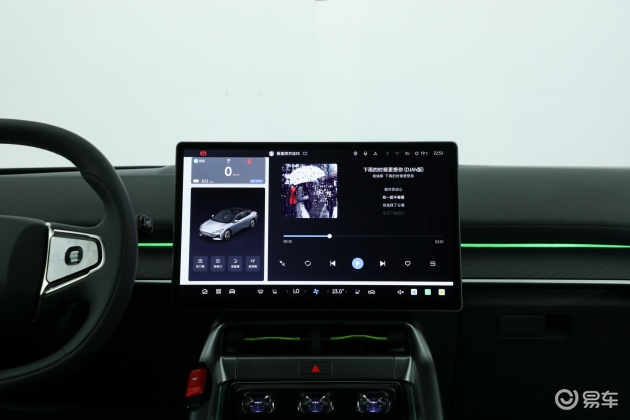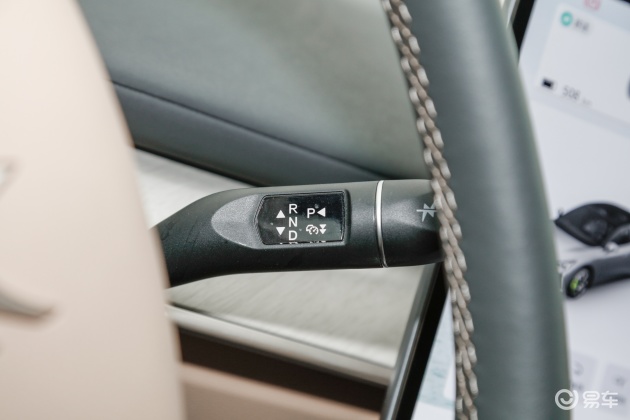As an important part of China’s multi-level social security system, the long-term care insurance system is called the "sixth insurance" besides the five social insurances of pension, medical care, work injury, unemployment and maternity. With the acceleration of population aging and the increasing number of disabled elderly people, long-term care security has gradually become the focus of society, and the topic of long-term care insurance has also attracted much attention. At the end of June 2016, China organized 15 cities to launch long-term insurance pilots. Now that seven years have passed, what is the situation of exploration in pilot cities? How to face the new normal of population development and let more elderly people enjoy dignified and quality old age? Qingdao, Shandong Province, as one of the earliest cities in China, actively explored and tried first, and embarked on a unique road of long-term insurance reform and innovation.
At present, China’s population development shows the trend characteristics of declining birthrate, aging and regional population increase and decrease differentiation. In order to actively cope with the aging population, China has established a long-term care insurance system on a pilot basis since 2016, which has covered 49 cities and 145 million people nationwide and achieved initial results.
It is worth noting that the long-term care insurance system is still in the pilot stage, and its system design, service system, evaluation standard and management process are all being explored. As one of the earliest cities in China, what problems did Qingdao encounter, and what are its problem-solving skills and innovative practices? In this regard, the Economic Daily reporter went deep into the Qingdao Medical and Social Security Bureau, the financial department and the nursing service institutions to investigate.
Stepped exploration
Qingdao is a city with a fast growth rate of the elderly population, a large base and a high degree. It faces many problems such as the increase in the number of disabled elderly people and the lack of long-term care for disabled people. Qingdao responded positively and took the lead in exploring the long-term insurance system in 2012.
"Qingdao more than 10 years ago, due to factors such as the level of financing, many disabled elderly people were hospitalized for a long time, and the hospital was used as a nursing home. Not only is it expensive, it is difficult to accompany, and the cost of care is high. The hospital is even more overwhelmed. " Ji Enqing, director of the treatment and protection department of Qingdao Medical Insurance Bureau, told the reporter that how to break the deadlock of reimbursement after hospitalization and free the disabled elderly from the hospital became an urgent problem to be solved in Qingdao at that time.
In order to alleviate this increasingly prominent contradiction, Qingdao began to explore a variety of disability protection models that can also enjoy reimbursement for "family beds" and "elderly care". "This has alleviated the care problem of disabled elderly people to some extent. However, in the face of the continuous increase in the number of disabled people, ‘ Family sickbed ’ ‘ Elderly care ’ Some are unable to do so. " Ji Enqing said that they went on to learn from advanced countries and took the lead in developing the long-term medical care insurance system in China in 2012.
"At that time, the focus was on the medical care of disabled people, mainly providing services such as tube placement, pipeline care, bedsore care and injection for disabled people. The funds were transferred from the medical insurance fund, and the reimbursement rate exceeded 90%." Tian Wei, director of the Maternity and Nursing Insurance Division of Qingdao Medical Insurance Center, said that it seems that the long-term medical care insurance system implemented in Qingdao in 2012 is the most basic version 1.0.
However, when the policy came out, some people supported it and some people opposed it. "At that time, the country did not introduce corresponding policies and regulations. When the new policy of Qingdao came out, it ushered in many doubts: some people thought that the positioning of insurance was unclear, while others thought that medical staff should not leave their practice places to provide services … …” Tian Wei said, fortunately, the medical insurance department withstood the pressure and quickly gathered and trained a large number of professional nurses to provide medical services, relying on nursing institutions for the aged, primary medical institutions and pension service institutions. This not only ensures the nursing service needs of the elderly, but also reduces the family burden of the insured and greatly reduces the hospitalization problem of the disabled elderly.
With the initial experience, Qingdao continued to innovate, the system became more perfect, and accumulated important empirical data, which provided reference for other regions to carry out similar pilot projects. At the national level, it also went to Qingdao for investigation, and in 2016, it issued the Guiding Opinions on Piloting the Long-term Care Insurance System, which officially opened the national development journey of long-term care insurance. Due to its early start and rich experience, Qingdao has been identified as one of the first pilot cities of long-term care insurance in China.
"After the country issued the pilot document, the long-term care insurance has a clearer definition: that is, a social insurance system that provides basic life care and medical care closely related to basic life for long-term disabled people who cannot take care of themselves due to old age, illness, disability and other reasons." Tang Linfeng, deputy director of the Maternity and Nursing Insurance Department of Qingdao Medical Insurance Center, said that with the support of national policies, Qingdao revised the long-term care insurance system in 2018 and implemented the Interim Measures for Long-term Care Insurance in Qingdao, which added life care to the original medical care for insured employees. Since then, Qingdao has opened the era of long-term insurance 2.0.
"My mother suffers from coronary heart disease, cerebral infarction and other diseases, and she can’t take care of herself. Although nursing institutions can provide health management, medical care and other services at home, the life care of the elderly also faces many difficulties. " Yu Xiumei lives in Shibei District, Qingdao. Her children told reporters that the coverage of Qingdao’s long-term insurance system has been extended to life care, which has solved many practical problems such as bathing and haircut for the elderly.
After several years of steady and steady progress, Qingdao has covered insured workers and insured residents in policy, but the actual treatment enjoyed by the two groups of people is very different. At that time, the nursing insurance system only guaranteed the medical care of the insured residents, and the insured residents, especially the disabled elderly in rural areas, had a strong demand for life care services. In order to solve the shortcoming of narrow coverage of long-term care insurance in rural areas, the 3.0 version of long-term care insurance is ready to appear.
In 2021, Qingdao deepened its reform, promulgated the Measures for Long-term Care Insurance in Qingdao, and put forward the "Rural Care Insurance Promotion Plan". Rural insured residents who are assessed as disabled at Grade 3, 4, 5 or severely demented can enjoy the dual protection of medical care and life care like insured employees.
Ni Hehai lives in Menjiazhuang Village, Rizhuang Town, Laixi City, Qingdao. In 2018, he was unable to take care of himself because of his paralyzed life. Ni Taibao, the son who works outside the home, had to quit his job and go home to take care of the elderly, but his family had no income and his life became increasingly difficult. After Qingdao implemented the "rural nursing insurance promotion plan", the local designated nursing institutions immediately handled home care for Ni Hehai, and the rehabilitation personnel went to the door every week to carry out rehabilitation training for the elderly. Five months later, his symptoms improved obviously, and Ni Taibao was relieved to go out to work. What makes the family happy is that daughter-in-law Cui Xiaoyan has become a caregiver through training, which can not only better take care of her own elderly, but also take care of the disabled elderly around her, with a monthly income of 4,000 yuan.
Wan Quanfa, director of Laixi Medical Insurance Center, calculated an account: Ni Hehai enjoys 2 hours of home care every week, and the cost is 100 yuan. Among them, 80 yuan is paid by long-term insurance, and 20 yuan is borne by individuals, which costs only more than 1,000 yuan a year. Children can return to work when they are freed from their sickbed. "It is not an exaggeration to say that a long-term insurance can save a family."
Since the pilot in 2016, the Qingdao long-term insurance system has covered 9.09 million insured employees and urban and rural residents in the city, benefiting more than 120,000 severely disabled and demented people. From workers to residents, from cities to rural areas, from medical care to life care, from passive protection to active prevention, Qingdao has formed a step-by-step promotion mechanism, which has made long-term insurance deeply popular among the people and become a good way to solve the problem of "one person is disabled and the whole family is unbalanced".
Multi-channel financing
In the process of implementing the long-term insurance system, fund raising is the core issue. Throughout the country, long-term insurance pilots have started from urban workers. This is due to the relatively perfect medical insurance for employees, relatively strong fund-raising ability and relatively good operation. The medical insurance for urban and rural residents is relatively tight, especially after the merger of the new rural cooperative medical system and the medical insurance for urban and rural residents. "In the past, the long-term insurance financing channel was single, and it was only transferred by the medical insurance fund, and the payment standard for nursing institutions was low." Ji Enqing said that there is little left for nursing institutions to serve a resident in the countryside, except for the cost, and the service enthusiasm has not been high.
The shortcomings in rural areas should be filled, and the system is not enough, and the financial problem must be solved. "Considering the sustainability of funds, we have changed the long-term care funds from the original single allocation from medical insurance funds to multi-channel financing mechanisms such as individuals, finance and medical insurance." Tian Wei told reporters that Qingdao has established a special account for residents’ care insurance funds by optimizing the diversified financing mechanism, and raised funds according to the standard of 30 yuan per person per year to pay for long-term care insurance; And innovatively established a nursing insurance adjustment fund for employees and residents, and made a good fund reserve for comprehensively promoting the system to expand to rural areas.
With funds, the payment standard of residents’ care insurance can be improved. Considering the affordability, what is the appropriate payment standard for residents? In the past two years, the staff of Qingdao medical insurance department have gone to the streets to explore, and through a large number of interviews and investigations, taking into account the financial affordability and the actual needs of the insured according to the actual situation, they finally determined that the content and level of life care should be consistent with the employees, and the payment level of long-term care insurance for insured residents should be designed according to about 70% of the payment level of employees, and the payment standard of medical care for residents should be raised to 5,000 yuan/year.
"Serving a rural resident, the nursing institution can not only get a medical service fee of up to 5,000 yuan, but also get a care service fee ranging from 5,400 yuan to 12,600 yuan according to the disability level of the cared-for person." Tang Linfeng said that after the implementation of the new standards, the enthusiasm of nursing institutions has increased, and the cost of participating residents to enjoy services has also decreased, which has made the long-term insurance system rapidly popularized. Previously, the occupancy rate of old-age care institutions in Pingdu and Laixi was less than 30%. Since the implementation of the new payment standard, the occupancy rate has increased to 60% to 70%, and in some places it has reached 80%.
"Thanks to the long-term insurance that pays the new standard, our family has ignited new hopes for life." Liu Shuzhen, a villager from Cuizhao Village, Tian Heng Town, Jimo District, told the reporter, "My parents have been paralyzed in bed for many years. Every time I took them to the urban hospital, I had to rent a car and ask my neighbors for help.". Because I can’t take care of my parents’ bedsores, I can’t help crying when I watch them suffer from illness. Now the nurses come to the home regularly to clean up the bedsore and adjust the medication. Since the previous year, Er Lao has never run through the hospital again. " After the insurance payment standard was raised, the life pressure of Liu Shuzhen’s family was relieved a lot. In the past, it cost nearly 1000 yuan to buy medicine every month. Now, after reimbursement, I pay 40 to 50 yuan for medicine, and I only need 10 yuan for one hour of life care.
Cases like Liu Shuzhen’s family’s "early adopter" long-term insurance protection are common in rural areas of Qingdao. For this new policy, the villagers praised it: "This really lightens our burden!"
Since the implementation of the new payment standard, the number of insured residents in Qingdao who enjoy long-term insurance treatment has reached more than 30 thousand. With the increasing expenditure of residents’ nursing insurance, the problem of sustainable use has surfaced. "Starting this year, Qingdao has decided to increase financial subsidies for residents’ long-term insurance funds to 30 yuan per person per year." Gao Zheng, director of the Social Security Department of Qingdao Municipal Finance Bureau, said that with this money, the funds for residents’ long-term insurance are full. According to last year’s expenditure level, the transfer of overall funds plus this part of the financial expenditure is enough.
Ji Enqing said that in the design and pilot implementation of the long-term insurance system, fund raising is the foundation and core, which is related to its implementation, promotion and sustainable development. Only by building a truly diversified financing channel, gradually reducing the dependence on the medical insurance fund, forming a dynamically adjusted financing mechanism, and enhancing the sustainability of the long-term insurance system, can we really effectively alleviate the burden of care and financial pressure on residents, promote the smooth transition of the long-term insurance system from pilot to promotion, and benefit more people.
Market operation
Since the implementation of long-term insurance in 2012, Qingdao has accumulated a lot of experience. In recent years, many cities have come to learn from it, but they are often "good, but they can’t read it". Why?
"Without the support of a large number of nursing institutions, you can’t do this job well." Tang Linfeng is quick-witted and quick-witted. Before the long-term insurance system was piloted, Qingdao attached great importance to the cultivation of nursing institutions. At present, there are more than 1,000 designated nursing institutions. The main reason why the foreign pilot areas can’t get the scriptures is that the cultivation process of nursing institutions needs a long period. "In addition, there is another ‘ Moves ’ It’s hard to learn. We call it ‘ Integrated ’ Service. " Tang Linfeng added that "integrated" service means that a person is regarded as a whole, and the services provided are exported by an institution as a whole. Through integration, Qingdao will gather the services needed by the insured in one nursing institution, and allocate resources at one time, which not only improves the convenience of service, but also is more conducive to the promotion and landing of long-term insurance.
Pingdu city Liyuan Sub-district Office Health Center is a typical example of integrating long-term care service with "family doctor contract service". They integrated doctors, nurses, public health personnel and other professional and technical personnel to build a "3+X" mode contract service team, so that disabled people can enjoy the personalized service of "one-stop" long-term care and the comprehensive medical service of family doctors without leaving home.
"We have also absorbed the rural doctors and hospital clinic doctors in the integrated clinics in the jurisdiction as the backbone, specifically responsible for the organization and implementation of the long-term care work in villages, neighborhood committees and communities, focusing on grassroots information screening and on-site services." Du Zhenzhi, director of the Health Center of Liyuan Sub-district Office, said that this not only solved the problem beyond the reach of the health center team, but also realized the joint interaction and seamless connection of town and village services, ensuring the implementation of long-term care services.
"Now the long-term care service is too convenient. We are in a hurry. Call the health center and someone will come to the door immediately." The family members of the elderly Jiang Shuzhen said that the expert team of the higher-level hospital will also visit Pingdu every month, so that the elderly can enjoy high-level medical services at their doorstep.
With more and more people in need, public nursing institutions alone can’t meet many needs. To this end, Qingdao actively explores the introduction of social forces to provide services for long-term insurance, and embeds market-oriented reforms in the whole process of long-term insurance construction. Through the continuous and stable investment of long-term insurance funds, it incites social capital to fully participate in long-term insurance work.
"We are an aged care institution that has grown up locally. The service sector is divided into two categories: institutional service and home service. We rely on 21 nursing homes, 20 town-level home community aged care service centers, 30 service stations, 3 hospitals and 7 clinics to carry out long-term insurance services." Liu Xutian, general manager of the Medical Care Division of Qingdao Wanlin Kangyang Industry Group, introduced that they have built a service standardization system of "trinity of institution, community and home, integration of medical care and health care" with the "combination of medical care and health care" as the starting point, forming a nursing chain brand that has begun to take shape.
The development of Wanlin Kangyang Industrial Group benefits from the fair and open market environment in Qingdao. From the very beginning, Qingdao Long-term Insurance Company was set up by the government and performed by institutions. According to the idea of "government+market", the government has strengthened policy guidance and support, created a fair and competitive market environment, promoted the benign development of nursing institutions and realized the optimal allocation of nursing resources. Adhere to the development principle of public and private, local and foreign alike, adopt the payment method of nursing insurance funds to purchase nursing insurance services, and develop nursing institutions in the direction of sustainable operation all the way.
Liu Xutian pointed to the "care map" marked with many icons on the computer screen and told reporters that "the humanoid icon is the location of the elderly, the purple icon is the residence of our employees, and the doctor hat is the dynamic service location of the service staff. With the support of government policies, our service points cover the whole city of Qingdao, and the cumulative number of disabled elderly people exceeds 8 million".
By inciting social forces to participate in the long-term insurance work, Qingdao has formed a benign market-oriented operation mechanism. Ji Enqing said that at present, there are 1085 designated nursing institutions in Qingdao, of which private institutions account for 87% and undertake more than 95% of the service tasks. The nursing service pattern with private institutions as the main body has gradually taken shape.
Multidimensional supervision
With the increasing number of beneficiaries and service institutions, how to ensure the authenticity and quality of services has become the key to the high-quality development of long-term insurance system. In view of the difficulty in supervision, Qingdao has formed a set of multi-dimensional supervision mechanism for many years.
Tian Wei introduced that Qingdao adheres to social co-governance under the leadership of the government, mobilizes and integrates information supervision resources of industry departments, medical institutions and other parties, and builds a comprehensive supervision system integrating daily supervision, special inspection, industry self-discipline and third-party evaluation of functional departments, and establishes a supervision system covering the whole chain.
Unlike many cities that entrust the assessment of disability level to a third party, the insurance company in Qingdao undertakes the acceptance of the application for long-term insurance benefits and the assessment of disability level. On the one hand, the insurance services of commercial insurance institutions are well developed and the number of professionals is large, which can form competitiveness; On the other hand, after evaluation, socialized operation can improve the operating efficiency of long-term insurance and make up for the shortage of medical insurance departments.
Zhang Gang is an appraiser of Taiping Pension Qingdao Branch, and his daily work is to go door-to-door to carry out on-site appraisal. "I formed a group with my colleagues to evaluate the applicant’s living ability and cognitive ability on the spot. These first-hand materials must be comprehensively evaluated with the participation of the appraiser team of the unit, so as to finally determine whether the applicant can enjoy the long-term insurance policy. The prescribed time limit for assessment processing is 20 working days, and our processing time limit is about 16 working days. For some applicants who are in critical condition, they can apply for opening up ‘ Green channel ’ , shorten the evaluation time limit as much as possible. " In his view, Qingdao medical insurance department has cultivated a stable professional evaluation team in the commercial insurance agency, and it is more conducive to strictly controlling and evaluating the quality of work by the commercial insurance company that undertakes long-term insurance.
In order to improve the convenience of long-term insurance service supervision, Qingdao has also built an information-based supervision platform integrating "application, evaluation, inquiry, service, settlement, evaluation and supervision" to improve the quality and efficiency of supervision.
"In 2018, we developed and applied the nursing service APP and the intelligent supervision platform, and realized the supervision of long-term insurance services through information channels." Tang Linfeng picked up the mobile phone and showed the reporter that the nursing service APP has realized the functions of GPS positioning, face recognition, nursing duration record, satisfaction evaluation and so on, which effectively solved the regulatory problems of service personnel such as "coming or not" and "doing or not". The medical insurance department is also equipped with a special supervision team to strengthen supervision in multiple dimensions and improve service efficiency.
"The supervision team will immediately go to the door to verify after discovering the abnormal work order." Tang Linfeng said that nursing institutions will be identified if they conceal the real situation or provide false documents. The abnormal service data screened by the platform will be handled in strict accordance with the regulations after verification.
Multi-dimensional and powerful supervision mechanism also urges institutions to constantly improve their service standards and service levels. "In order to do a good job in nursing, we have formed Wanlin service standard according to the requirements of 10 local standards of Qingdao Long-term Care Insurance Management and Service, drawing lessons from advanced experience at home and abroad, and compiled 30 sets of departmental operation manuals, which are distributed to employees in the form of pocket books to facilitate reading and learning." Liu Xutian said that they also developed a smart old-age service platform "Wanlin Zhihu" to supervise employees’ code of conduct through digitalization.
During the interview, the reporter followed Liu Fengmin, a nurse of Wan Lin Kangyang, to Wang Jingshou, an old man in Wang Jiacun, Laoshan District. After entering the house, he opened the nursing service APP, took photos on the spot, uploaded information to the background in real time, and immediately devoted himself to intense and orderly work, bathing, cutting nails and massaging the elderly. After completing the nursing task for one hour, he took photos and punched in again, and the nursing confirmation form was generated synchronously in the background. When he left, Wang Jingshou’s wife was full of gratitude: "We are very satisfied with the service."
"We can accurately know when the nursing staff will arrive and leave from the monitoring system, and we will conduct random inspections through video calls and other means, which has effectively supervised the nursing work." Tang Linfeng said.
Through the system foundation, data analysis and manual supervision, Qingdao Changhu Insurance has established a multi-dimensional supervision mechanism which is supported by government assessment, institutional cooperation, special audit and report audit, field home visits and online data screening. From the entrusted commercial insurance institutions, nursing institutions to nursing service personnel, they are under all-round supervision. From the germination and pilot of long-term insurance, Qingdao has provided a series of useful and referential experiences for the whole country.
